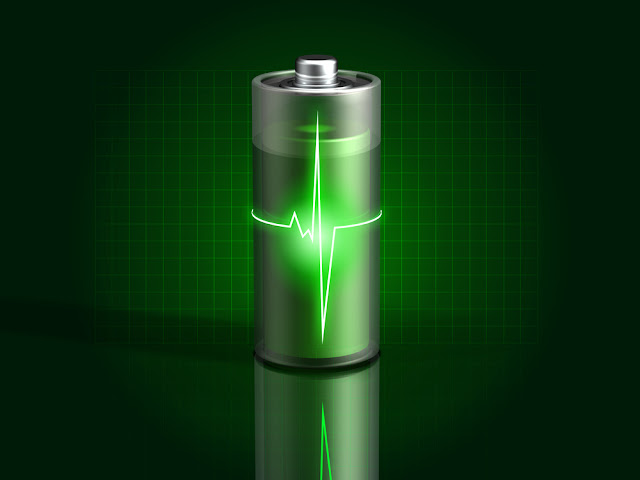 |
| Zinc-Air Battery |
Zinc-Air Battery
technology has emerged as a promising contender in the field of energy storage,
offering several advantages over traditional battery systems. In this blog
post, we will explore the intricacies of Zinc-Air Battery technology and its
potential to revolutionize the way we store and utilize energy.
Understanding Zinc-Air
Battery Chemistry
- At the heart of Zinc-Air Battery
technology lies its unique electrochemical reaction, which involves the
oxidation of zinc and the reduction of oxygen from the air.
- This reaction generates electrical
energy, making Zinc-Air Batteries an efficient and eco-friendly option for
energy storage.
Unprecedented Energy
Density
- One of the most significant
advantages of Zinc-Air Battery is
their exceptional energy density.
- Compared to other battery
technologies, Zinc-Air Batteries can store a larger amount of energy per
unit weight, making them ideal for applications requiring long-duration
energy storage, such as electric vehicles and grid-scale energy storage
systems.
Renewable Energy
Integration
- Zinc-Air Batteries hold immense
potential for integrating renewable energy sources into the grid.
- Their high energy density and
scalability make them well-suited for storing surplus energy generated
from sources like solar and wind power, thus overcoming the intermittent
nature of renewable energy production and enabling a smoother transition
to a sustainable energy future.
Cost-Effectiveness and
Accessibility
- Zinc-Air Battery technology offers
cost-effective energy storage solutions, thanks to its abundant and
low-cost raw materials, such as zinc and air.
- Additionally, Zinc-Air Batteries
are relatively simple to manufacture and maintain, making them accessible
to a wide range of applications, from consumer electronics to large-scale
energy storage projects.
Challenges and Future
Prospects
- Despite its many advantages,
Zinc-Air Battery technology faces challenges such as limited cycle life
and the need for improved oxygen management.
- However, ongoing research and
development efforts are focused on addressing these challenges and
unlocking the full potential of Zinc-Air Batteries for widespread
commercial adoption.
Zinc-Air Battery
technology holds immense promise for revolutionizing energy storage and
powering the transition to a cleaner, more sustainable energy future. With its
unparalleled energy density, compatibility with renewable energy sources,
cost-effectiveness, and ongoing advancements in research and development,
Zinc-Air Batteries are poised to play a pivotal role in shaping the future of
energy storage and utilization.
